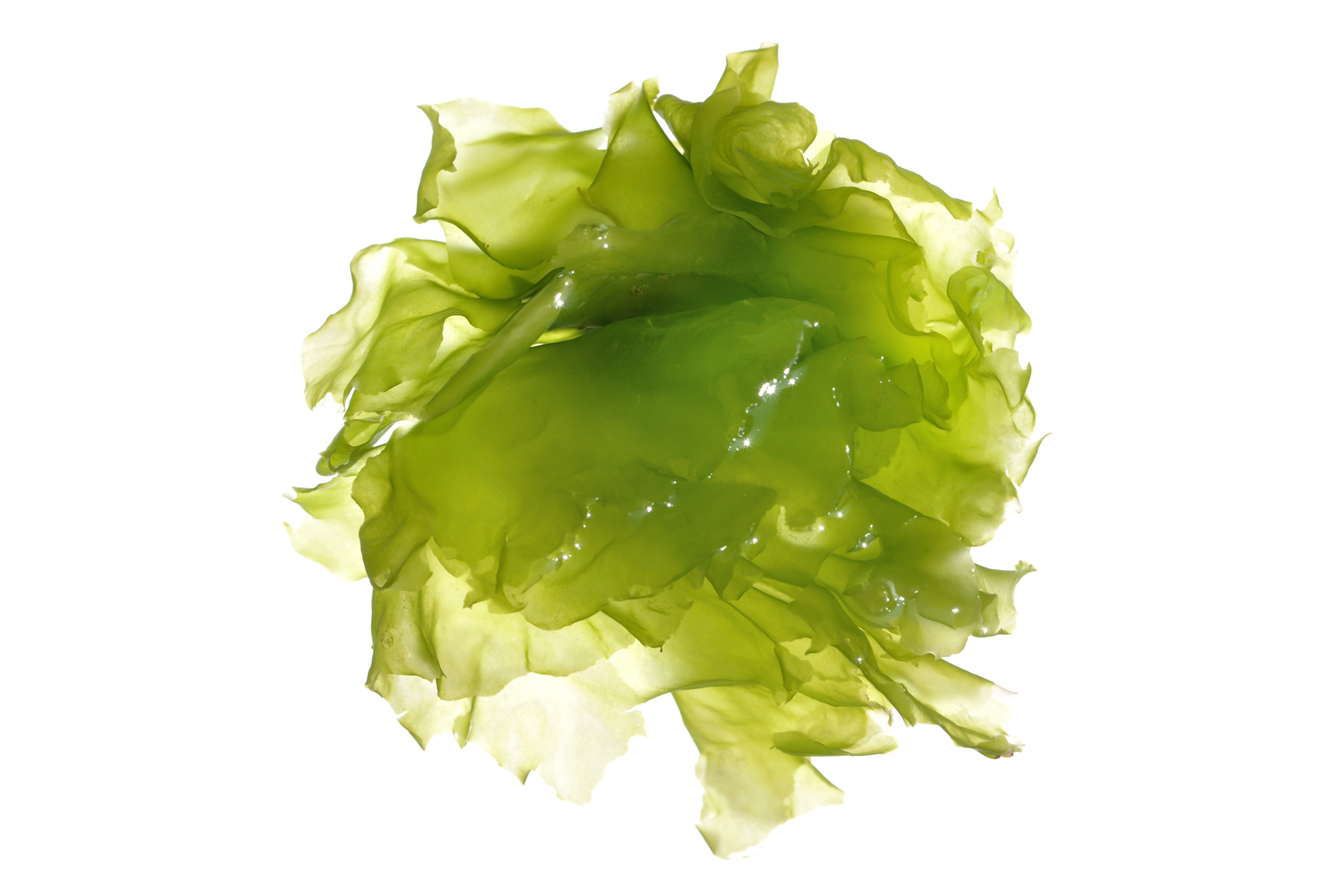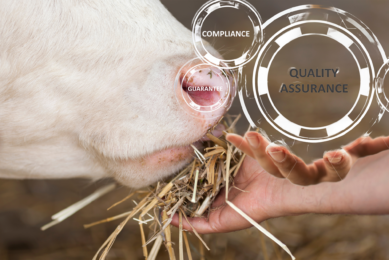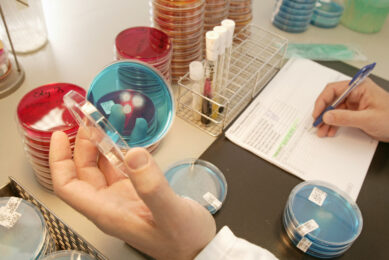Tackling antibiotic resistance at Olmix seminar

Addressing antibiotic resistance and its consequences without sacrificing animal performance is the theme of Olmix’s international seminar on health and nutrition held in Bali, Indonesia in May 2016.
“Governments react to the antibiotic resistance issue by imposing a ban on its use in animal production, starting from Europe, the US and now it is coming to Asia. The consumers, meanwhile, are turning towards healthier, more natural food to avoid the risk of drug residues,” said Herve Balusson, Olmix’s President & CEO. Over 200 participants from 15 countries across Asia Pacific and Europe attended the seminar, which consisted of over 30 presentations. “We are gathering here in Bali to help you to give answers to your governments and customers on animal production without antibiotics through natural solutions,” he said.
Natural solutions
Olmix develops a range of solutions based on clay minerals, trace elements and seaweeds for tackling health and welfare issues throughout the entire life-cycle of animals. Such solutions work in synergy to improve environment hygiene, digestive efficiency, digestive welfare and immunity, while preventing risks from mycotoxins. The seminar offered a series of updates on applications of these products to tackle issues facing the farmers throughout the region. Such issues include management of environmental hygiene in broilers, modulating immunity response in pullets, effects of gut integrity in poultry, disease prevention through digestive management, and the like.
Towards antibiotic free
Along with this, Olmix also demonstrated that it is possible to produce chickens and pigs without using antibiotics. Being implemented in France, Olmix collaborates with poultry and swine producers in managing the herds or flocks without antibiotics through application of Olmix’s solutions in conjunction with vigilant management of the farm. “Producing animals without antibiotics is difficult, but it doesn’t mean that it’s impossible,” said Olivier Biannic, Olmix’s Marketing Executive in charge of antibiotic free programs. In doing so, he said, all the details in management of the herd or flock such as housing, ventilation, feeding, water quality and others have to be in good conditions to prevent the animal from any health risk.
Highlight on Indonesia
As the host country of the seminar, Olmix invited Dr Maradoli Hutasuhut, a senior officer at Indonesia’s Ministry of Agriculture to address on the potential of the country’s livestock and aquaculture industries. “Indonesia targets to achieve self-sufficiency in food of animal origin during 2015-2019. In doing so, the ministry is providing supports for the feed sector to supply high quality and safe feeds to the farmers in order to achieve this goal,” he said, adding that the feed requirement of the country is forecast to reach 28 million tonnes by 2019, up from 19 million tonnes in 2015. Dr Budi Tangenjaya, Technical Consultant of US Grains Council in Indonesia, said at the seminar that consumption of animal protein in Indonesia and throughout Southeast Asia is increasing rapidly. “The declining price of raw materials in the world market, together with a free-flow of feed ingredients across the region due to the ASEAN Free Trade Area will accelerate the growth in production of livestock and aquaculture in Indonesia and elsewhere in Southeast Asia,” he said.











